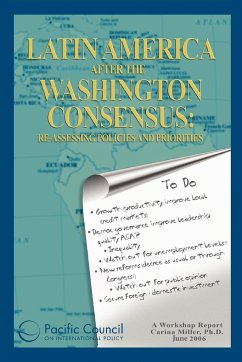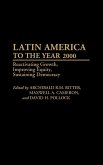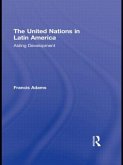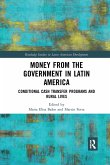In spite of the defeat of hyperinflation and improvements in macroeconomic management, the 1990s Washington Consensus-based reforms failed to reverse long-existing declines in productivity in Latin America. They also failed to create adequate local credit markets necessary for higher and more stable growth. By neglecting key matters of distribution, social welfare and investment in the region's human resources, the reforms have limited the prospects for long-term growth and left millions of Latin Americans feeling as if they have little stake in democratic governance and market economics. Drawing upon insights from top political and economic analysts from Latin America and the United States, Latin America after the Washington Consensus: Re-assessing Policies and Priorities discusses the need to reduce current levels of inequality and unemployment, invest in education to increase productivity and competitiveness, and strengthen the capacity of the state to withstand changes in the global economy. Reaching higher rates of growth would solve many of the region's problems, but most Latin American countries have yet to generate the institutional and social conditions that would sustain such growth and endow local economies with more resilience. Warning against one-size-fits-all solutions, Latin America after the Washington Consensus insists that each Latin American state must respond to these challenges with pragmatic strategies based on its own strengths and weaknesses.
Hinweis: Dieser Artikel kann nur an eine deutsche Lieferadresse ausgeliefert werden.
Hinweis: Dieser Artikel kann nur an eine deutsche Lieferadresse ausgeliefert werden.









